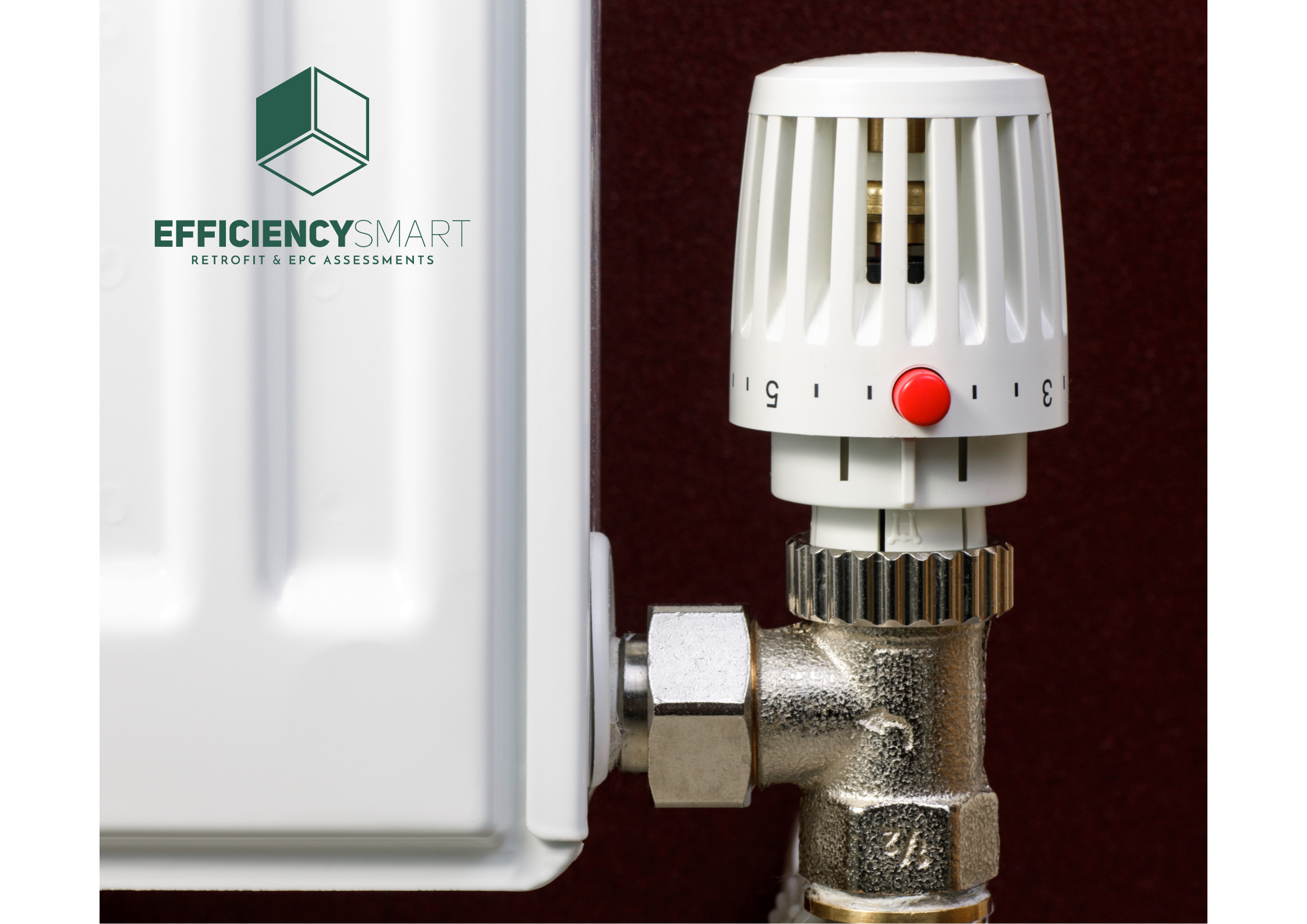Quick Wins to Boost Your EPC Rating and Cut Energy Bills in 2025
Simple, affordable upgrades to improve your property’s energy efficiency and stay compliant.
Introduction: Why Your EPC Rating Matters
Improving your property’s EPC rating isn’t just about ticking a legal box — it’s a smart investment. A higher EPC can reduce your energy bills, increase comfort, and make your home more attractive to buyers or tenants.
Since April 2018, landlords in England and Wales have been banned from letting homes with an EPC rating below E. As of April 2023, similar rules apply to non-domestic properties. And while further changes to EPC rules have been delayed, future tightening is likely — so getting ahead now makes sense.
Even small changes can make a big difference. In this guide, we’ll walk through simple upgrades that help you improve your EPC rating, reduce your running costs, and futureproof your property.
What Is an EPC, and How Is It Scored?
An Energy Performance Certificate (EPC) rates a property’s energy efficiency on a scale from A (most efficient) to G (least efficient). It’s a 2-page report that shows how energy efficient your home is, how much it costs to heat and light, and what improvements could boost its performance.
EPC ratings are based on key factors such as:
Insulation levels
Heating systems and controls
Hot water efficiency
Lighting type
Glazing and ventilation
The certificate also includes estimated energy costs and a list of recommended improvements. EPCs are valid for 10 years — but if you’ve made major changes, it may be worth updating sooner.
Quick Wins to Improve Your EPC
Looking to make fast, affordable improvements? These upgrades are easy to implement and can noticeably improve your EPC rating:
1. Switch to LED Lighting
Replace all halogen or incandescent bulbs with LED versions. It’s a low-cost change that can save around £40 a year — and it’s one of the simplest EPC points to gain.
2. Top Up Loft Insulation
Insulating your loft to the recommended 270mm can significantly reduce heat loss. Many older properties don’t have enough, and topping up can be a quick win.
3. Insulate Your Hot Water Tank
Fitting an insulating jacket to your hot water cylinder costs under £30 and can save about £70 annually by keeping water hotter for longer.
4. Draught-Proof Doors and Windows
Sealing gaps around windows, doors, floorboards and letterboxes helps retain heat. DIY kits are cheap and effective — especially in older homes.
5. Upgrade Heating Controls
Install programmable thermostats and thermostatic radiator valves (TRVs). These let you control room temperatures more accurately, reducing wasted heat and improving your energy score.
These changes not only boost your EPC but also make your home warmer and more efficient day-to-day.
How Much Can You Save?
Upgrading your EPC rating can lead to serious savings. For example:
A home rated D can cost around £2,340/year to run.
A home rated A might only cost £508/year — a saving of over £1,800.
Even modest improvements make a difference:
Double glazing can save around £140/year.
Cavity wall insulation saves around £240/year.
Heating controls can save around £110/year.
LED bulbs alone can save £40/year.
These upgrades quickly pay for themselves and add value to your property in the long run.
You Need a New EPC?
An EPC is legally required if you’re selling or renting a property — and must be renewed every 10 years. However, you should consider getting a new assessment if:
You’ve installed a new boiler, insulation, or glazing
You’ve converted or extended your property
You’re preparing to sell or re-let and want a better score
Certain buildings are exempt (e.g. listed buildings, places of worship), but for most homes, staying compliant is essential — especially for landlords. Upgrading your EPC can also help unlock green finance options, such as eco-mortgages.
Wrap-Up: Take Action Today
Improving your EPC rating is one of the smartest upgrades you can make to your property. It helps you stay legally compliant, reduces your bills, and boosts comfort and market appeal.
Start with small changes like lighting and draught-proofing. Then, if you’re ready to take it further, get a new EPC assessment and follow the tailored recommendations.
📣 Need an Updated EPC?
Book a professional EPC assessment today. We’ll provide a clear, compliant certificate and give you practical guidance on how to improve your rating — without wasting money on unnecessary upgrades.
Your comfort, compliance, and energy savings start here.
FAQs
What is an EPC?
An EPC (Energy Performance Certificate) rates a property’s energy efficiency from A to G. It shows how much energy a home uses and includes advice on how to improve it.
How often do I need to update my EPC?
EPCs are valid for 10 years. You’ll need a new one if you sell, let, or significantly upgrade the property.
What are the quickest ways to improve my EPC?
LED bulbs, draught-proofing, topping up loft insulation, and installing heating controls are all quick wins.
How much can I save by improving my EPC?
You could save over £1,800 per year by moving from a D to an A rating, depending on your property.
Do I always need an EPC?
Most homes do — especially if they’re being sold or rented. A few exemptions apply, but most landlords and homeowners will need one.








